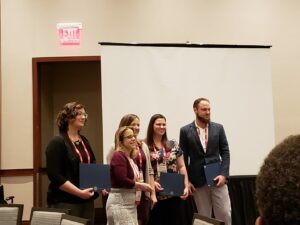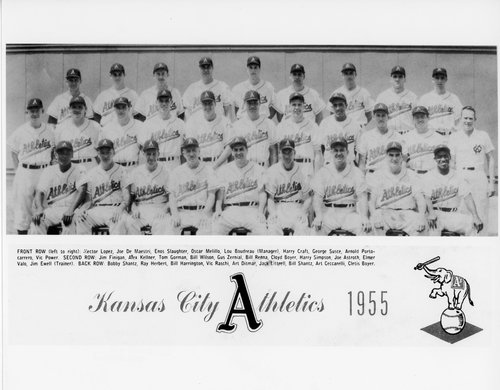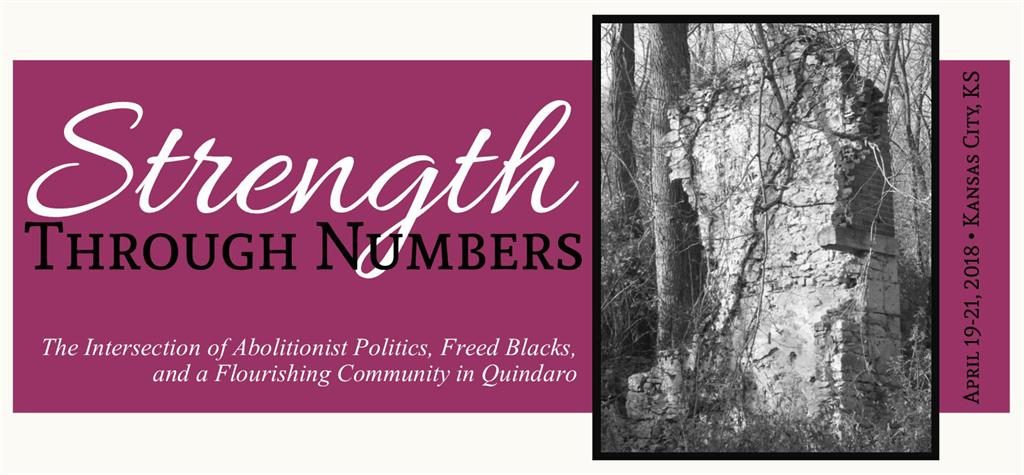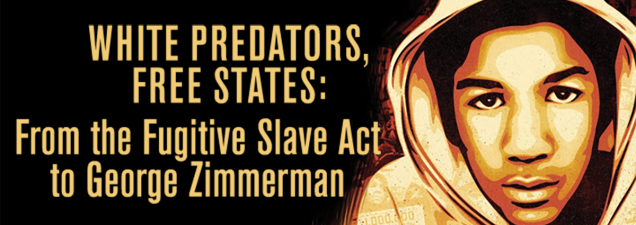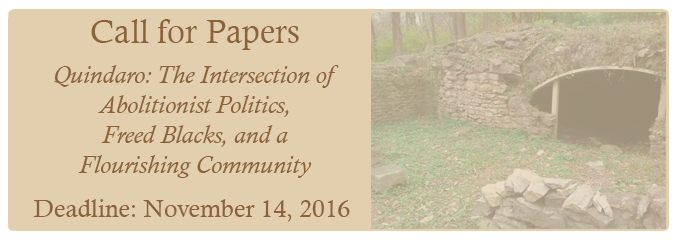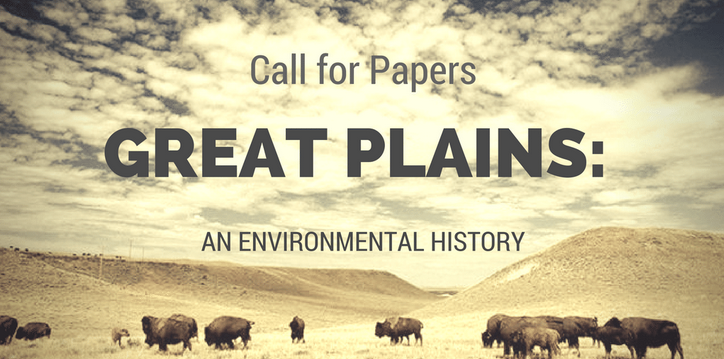Freedom’s Frontier National Heritage Area and University of Missouri – Kansas City are pleased to announce that The Center for Midwestern Studies is the recipient of an Interpretive Grant in the amount of $5,000 for the project Wide Open Town: Kansas City during the Pendergast Era.
The Wide Open Town program is a collaborative effort between the UMKC Center for Midwestern Studies and the Kansas City Public Library, producing new scholarship on the history of Kansas City during the interwar period.
The 1920s and 1930s were particularly vibrant years for Kansas City, often described as the city’s “Golden Age.” City boosters could claim a new position of economic dynamism, highlighted by such events as the construction of Liberty Memorial and the Federal Reserve Bank of Kansas City, as well as hosting the 1928 Republican National Convention. Cultural developments flourished, most notably resulting in Kansas City becoming a key location in the history of jazz music. Of course, all of these events were intertwined in a political, social, and economic landscape fraught with machines politics, vice, and long histories of people fighting for their rights and freedoms. The project will include a public conference and an expansive website to provide scholars, teachers, students, and the interested public with a valuable resource on Kansas City, its history, and the larger national narrative of the period.
The Wide Open Town Conference will be held on April 1st and 2nd at the Kansas City Public Library – Plaza Branch, 4801 Main Street, Kansas City, MO 64112. The forum will include a keynote address from Stanford University’s David Kennedy, a Pulitzer-Prize winning scholar of this era. His public lecture will discuss the importance of this period, as well as place the Kansas City narrative in a national context. In the public conference to follow, the invited scholars will present their work to a public audience.
The Freedom’s Frontier Interpretive Grant program was started in 2012. Since then, more than 25 projects have been awarded grant funding. Grant projects have been completed on both sides of the Missouri-Kansas border, in the 41-county region that comprises the heritage area.
Projects awarded grant funding must interpret local history, and connect to one or more of the three major themes of the heritage area: the shaping of the frontier, the Missouri-Kansas Border War, and the enduring struggle for freedom. Grants range in amount from under $1,500 to $5,000. All awards over $1,500 require that the grant recipient show a local match of half the amount of the award. This match can be in the form of cash, or in-kind donations and staff and volunteer time.
Freedom’s Frontier National Heritage Area is one of 49 heritage areas in the U.S. Heritage areas are nonprofit affiliates of the National Park Service (NPS). They act as coordinating entities between the local organizations telling nationally significant stories and the NPS.
Freedom’s Frontier was established as a heritage area on October 12, 2006, when signed into law by President George Bush. The heritage area’s management plan was approved by the Department of the Interior and the NPS in 2010. Freedom’s Frontier is headquartered in the Carnegie Building, 200 W 9th St., in Lawrence, KS.
The Center for Midwestern Studies, located in the History Department at the University of Missouri – Kansas City, promotes and explores the history and culture of the American Midwest. First established in 2002, the Center has grown into a dynamic organization that serves as an intellectual hub for cultural organizations, K-12 educators, students, and members of the public who are interested in the history of the region. Our mission is to encourage and disseminate innovative research, teaching, and public programming about the American Midwest. The Center facilitates conversations between the public, scholars, educators, and cultural institutions to gain a greater understanding of this diverse region.
The Kansas City Public Library, established in 1873, has emerged as a center of civic discourse and self-education through a wealth of free public programming featuring historians, economists, novelists, as well as visual and performing artists. In the process of fulfilling its mission to serve as “a doorway to knowledge for all people in our community,” the Library has received considerable recognition, including, in 2008, the Gold Medal for excellence in service from the Institute of Museum and Library Services, recognizing our public programming, youth services, and its “Books to Go” program. In 2014, the American Library Association recognized the Library as the recipient of the 2014 Excellence in Library Programming Award.
Grant applications are accepted from organizations within the borders of the heritage area which have signed a partner pledge with Freedom’s Frontier, and meet all other qualifications for grant funding. Applications are reviewed quarterly by a peer group from the partnership. Organizations are asked to complete their grant projects within a year of the grant award. For more information about Freedom’s Frontier National Heritage Area, visit the Web site at www.freedomsfrontier.org.
